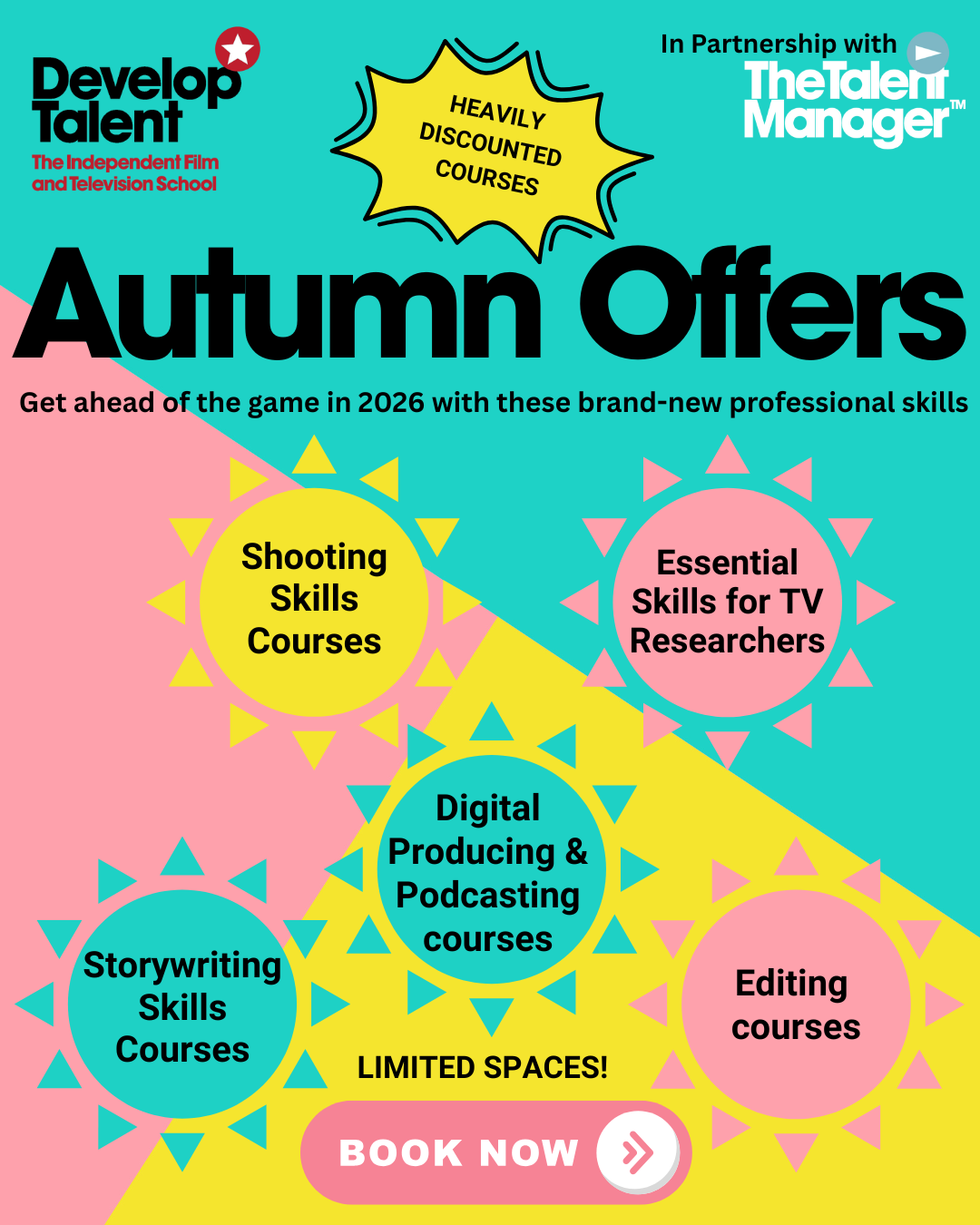
(Photo credits: New Orleans Event Photography)
The explosion of new online platforms has opened up a market of opportunities for producers and directors, with commissioners at the likes of Netflix and Hulu more willing to take risks and trust programme-makers’ raw talent and creativity, the Realscreen festival was told.
Speaking at the ‘What Now? What Next?’ session at Realscreen 19 in New Orleans, senior execs said traditional broadcasters have tended to be cautious in terms of their talent pools, relying on a restricted band of tried and tested producers. By contrast, new platforms - and Netflix in particular - pride themselves on hiring the best storytellers, rather than simply a safe pair of hands, and are more willing to green-light mid-level producers if they have the right skills.
In an age where anyone can create content, the emphasis is inexorably shifting towards talent rather than previous credits and connections, said John Ford, general manager of NPACT. He added that while the number of homes with cable continues to decline - a phenomenon he described as ‘cord cutting’ - alternate revenue streams are growing fast and are transforming the industry.
Jayson Dinsmore, president of Alternative Programming & Development, Freemantle, agreed that, despite feelings of anxiety, this was trumped by an overwhelming sense of opportunity and optimism for the future. For producers just starting out Jane Turton, CEO of All3Media, had one main piece of advice: partnerships are key. Find the right distribution partner to help you make ‘smarter’ rather than ‘bigger’ deals, and you’ll soon be on the path to success.
Appetites are changing
It’s not just producers and crew affected by the shift to online, the panel said. Consumption habits are also evolving, with Turton highlighting the growth in popularity of certain genres. Non-fiction seems particularly in demand, especially reality and sports, and despite the rise in online platforms both Dinsmore and Gena McCarthy, Head of Unscripted Programming at Lifetime & Head of Programming at FYI, agreed that live remains relevant as ever.
After the audience was treated to a clip of the series ‘My Great Big Live Wedding’ with David Tutera, panellists also discussed the fusion of live with social media, with Ford mentioning Snapchat Live as a major example. This alongside the growth in demand for short 6 episode series - tells us one main thing, the panel concluded: Consumers want innovative, accessible content that they can access on the go, and they don’t want to wait.
 (Photo credits: New Orleans Event Photography)
(Photo credits: New Orleans Event Photography)
In a world of global uncertainty, we’re more connected than ever
Despite the rise of Trump, Brexit and a world that seems more divided than ever, the panel showed an an overwhelming sense of positivity about the future of broadcast - especially Brits Jane Turton and Thomas Dey, CEO, President & Founder at ACF Investment Bank, UK. American panellists should take note that rights are more important than margins when making future deals, advised Turton.
Following this, Dey revealed the one key trait that he believes allows businesses to overcome adversity: flexibility. With the rise of transnational online platforms like Netflix, Amazon and Hulu, broadcast is already becoming more flexible by the day. As the location where content is produced becomes less and less important, a surge in great European content is certain to happen - Brexit or not.


